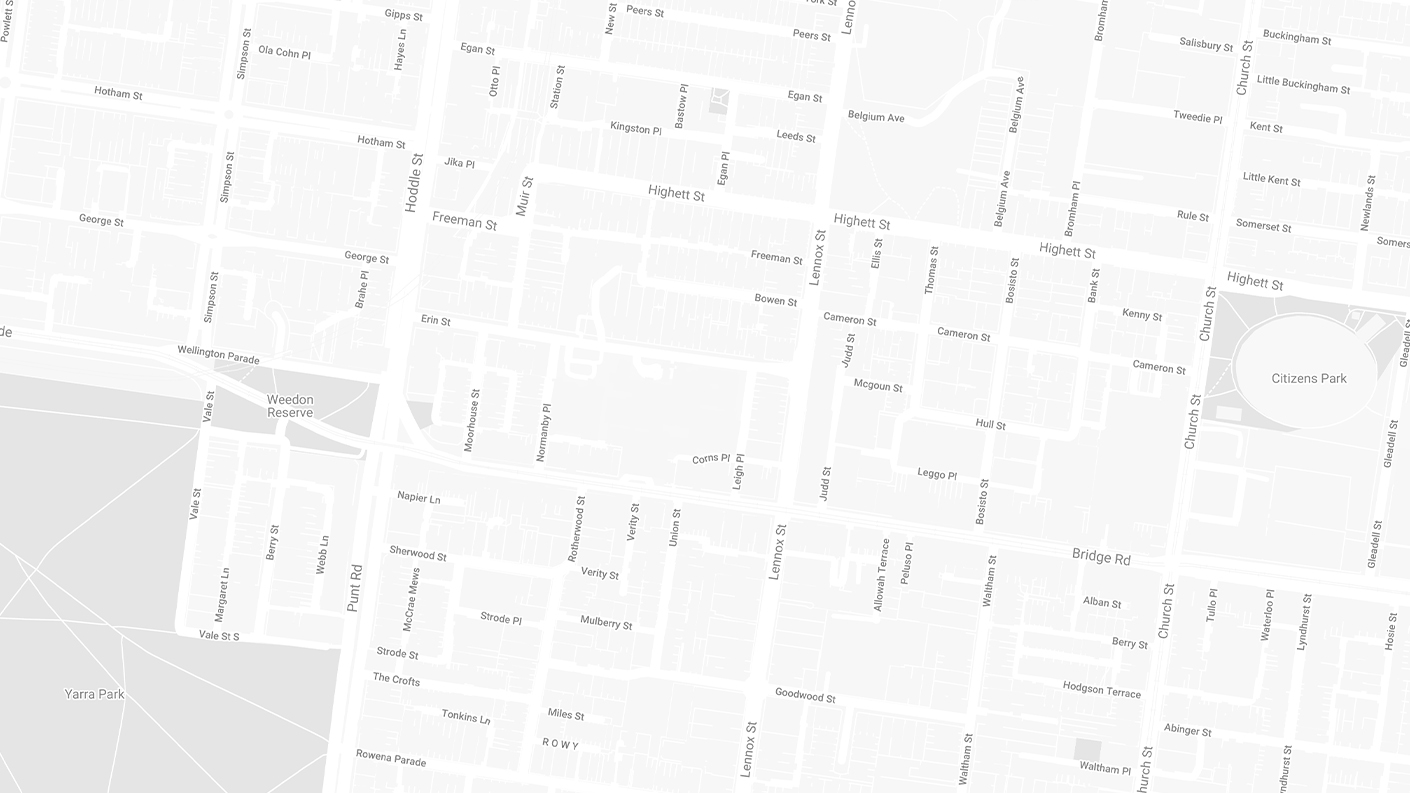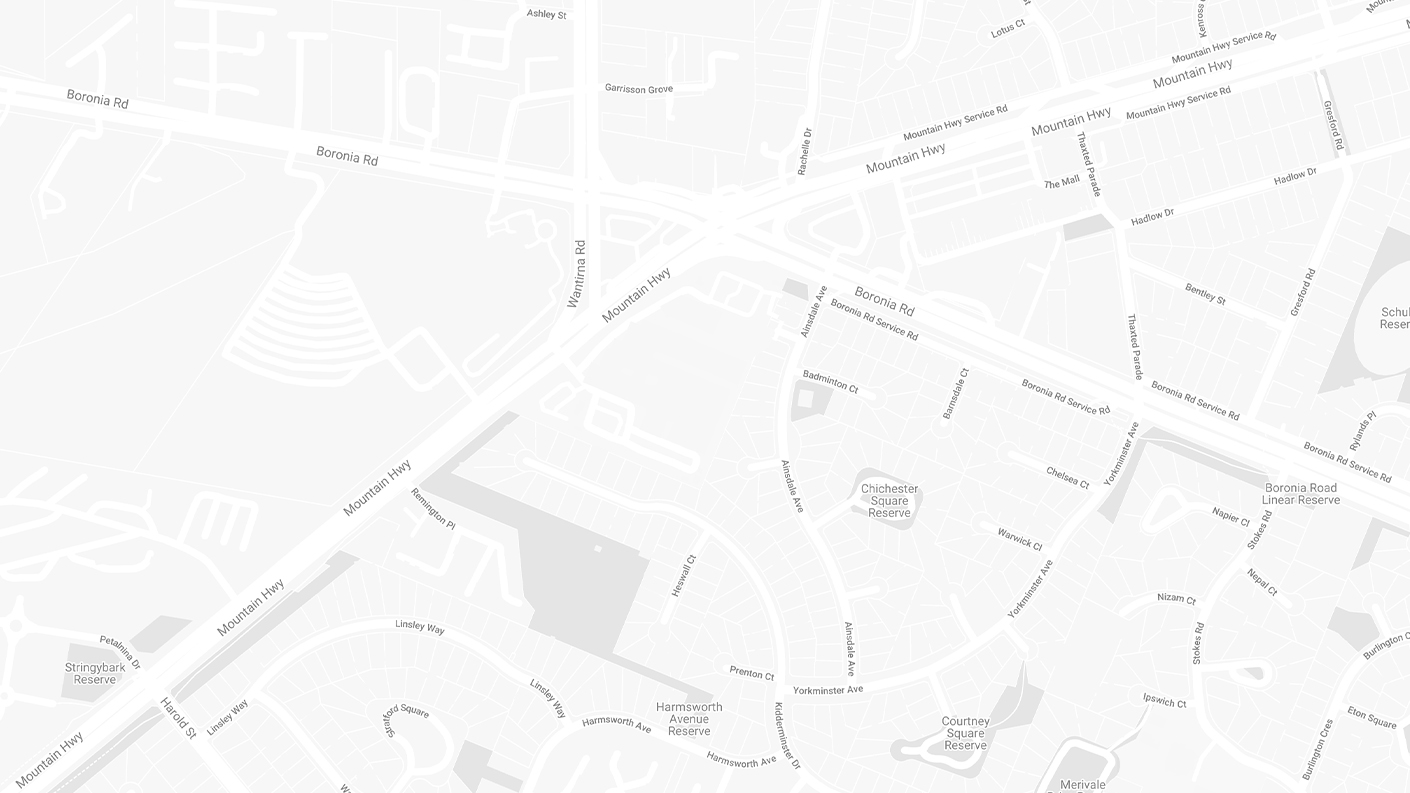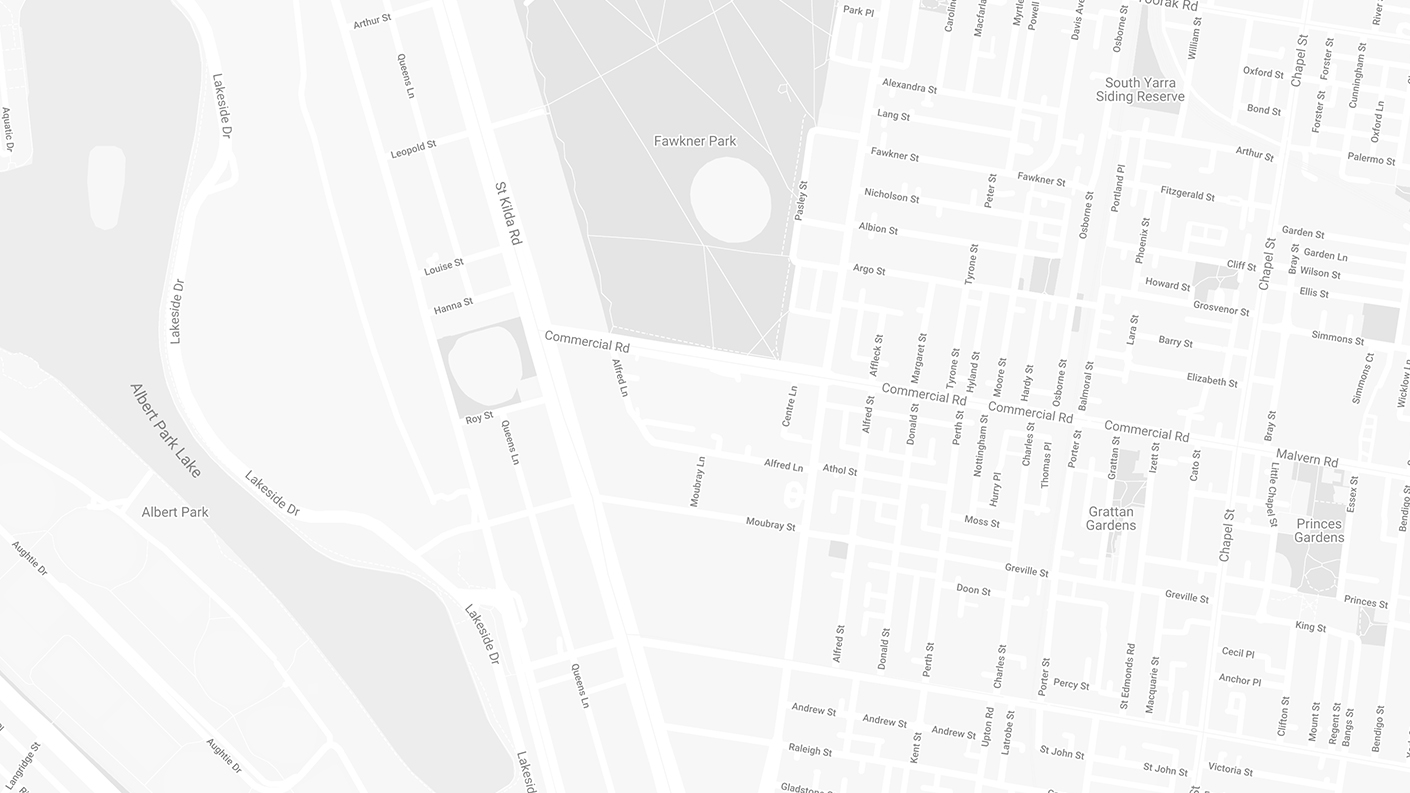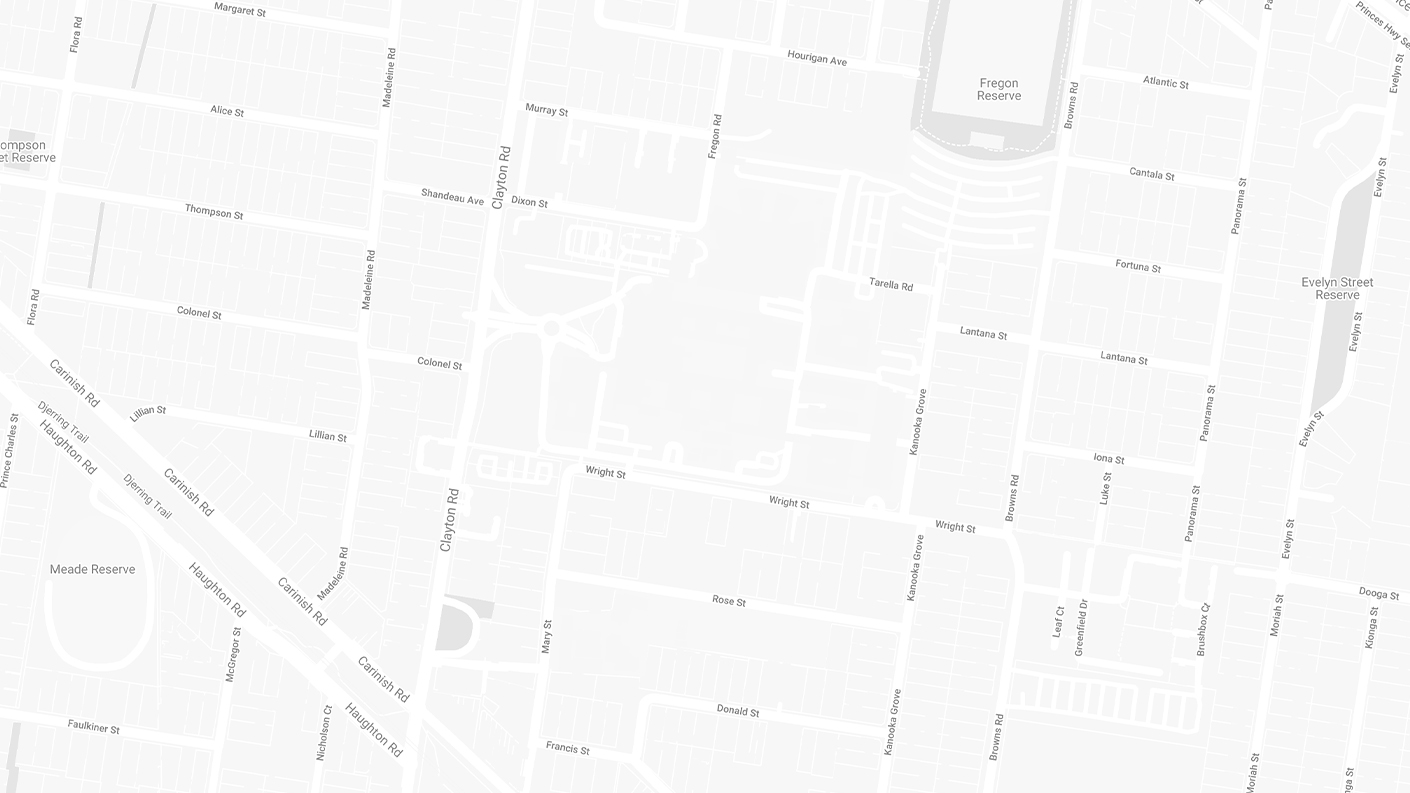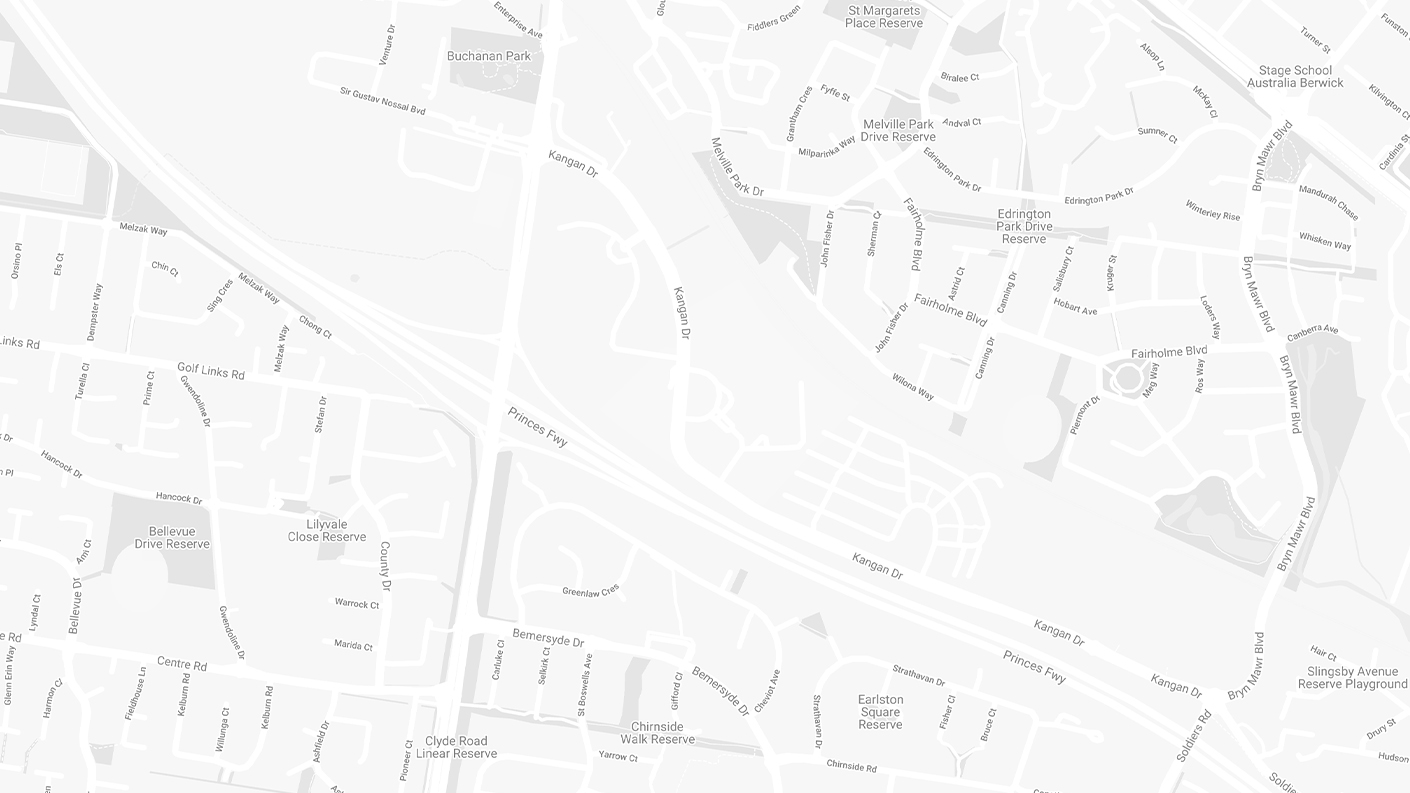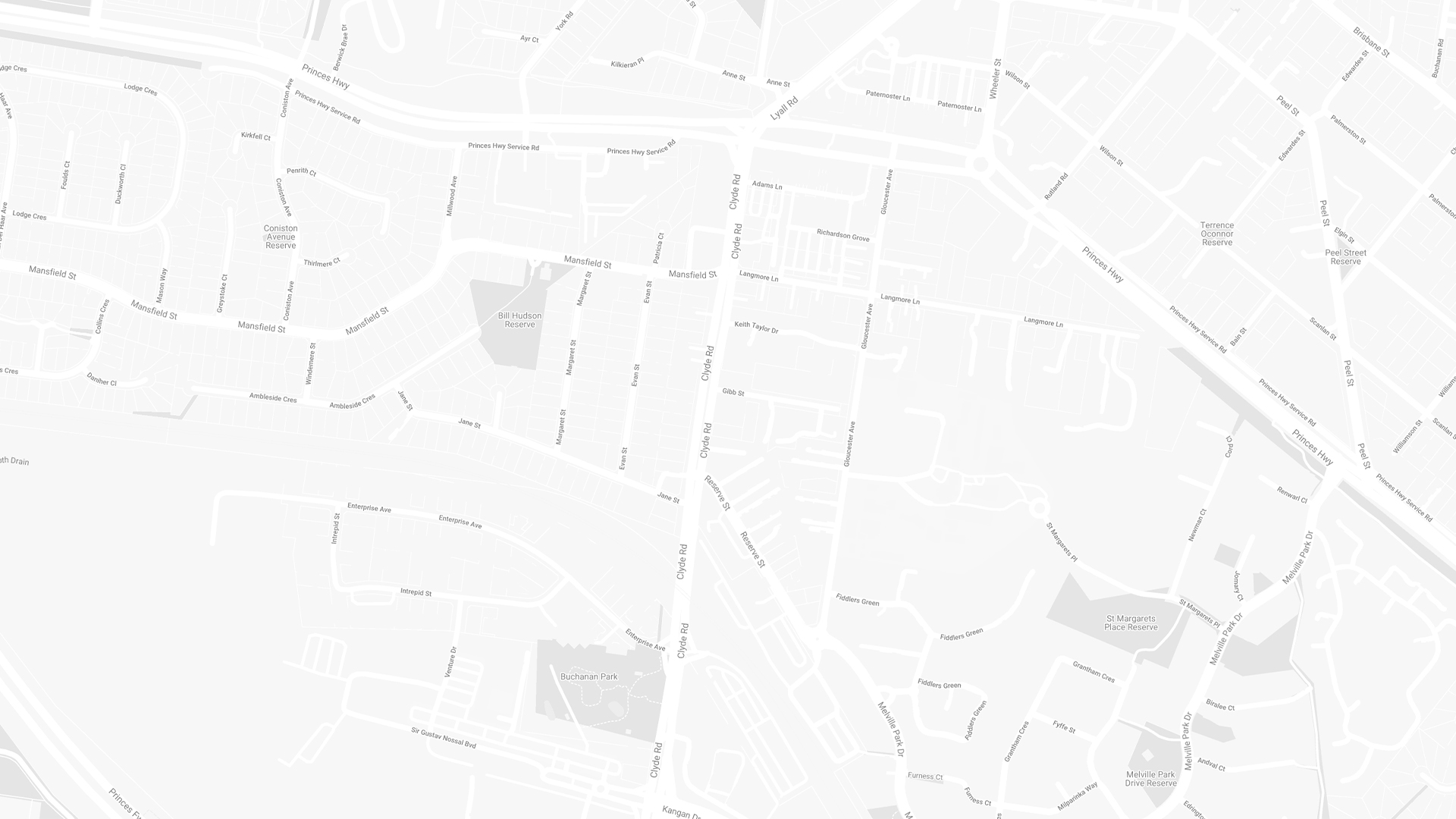
A bowel obstruction occurs when the small or large intestine becomes blocked, preventing the proper movement of food and fluids.
If you are experiencing symptoms of a bowel obstruction, it is important to seek medical attention right away. A bowel obstruction is a blockage in the intestinal tract that can cause pain, nausea, vomiting, and other symptoms. Treatment for a bowel obstruction may include surgery. If you are scheduled for surgery to treat a bowel obstruction, here is what you can expect…
What is a bowel obstruction?
When the small or large intestine is blocked in some way, the proper movement of digested foods and fluids is disrupted. This can cause food, fluids, gas and gastric acids to build up — this increased pressure can cause some serious damage, including an intestinal rupture, as well as leakage of bacteria and intestinal contents.
Some of the symptoms of a bowel obstruction include bloating; nausea; vomiting; abdominal pain; constipation; diarrhea; and abdominal cramping. One may also experience swelling of the abdominal area, as well as difficulty in passing gas or stool.
It is important to understand that there are a broad range of possible symptoms associated with a bowel obstruction and each individual may experience the issue differently. Some of the possible symptoms will depend on the exact location of the obstruction, as well as the length of time for which the obstruction has been a problem.
What causes bowel obstruction?
Bowel obstructions can be caused by a number of factors. When a blockage occurs in the small intestine, it may be caused by tumours; adhesions; twisting of the intestines; gallstones; inflammatory bowel disease; or a hernia.
Obstructions of the large intestine are less common than blockages in the small intestine. These types of obstructions can be caused by impacted stool; certain types of cancer; inflammation of the intestine; or narrowing of the colon, which can be caused by inflammation or scarring.
What are the treatment options?
The treatment that is most appropriate for you will depend on a few factors, including the location of the obstruction, as well as the severity of your symptoms. In many cases, surgery is recommended in order to resolve the issue and prevent serious complications.
Bowel obstruction surgery involves either the removal of the material that is blocking the intestines or reparation of the damaged intestines. In some cases, these procedures can be planned, but they are sometimes performed as an emergency surgery if one’s condition is rapidly worsening.
Early diagnosis and treatment is key when it comes to resolving bowel obstruction as a severe bowel obstruction can cause serious and permanent damage to the intestine. If left untreated, a bowel obstruction can cause a rupture or split of the bowel, causing the blockage material to enter the abdominal cavity — this is potentially fatal.
How can we help?
Associate Professor James Lee offers a range of general procedures, including bowel surgery for the treatment of bowel obstruction. If you have been referred for bowel obstruction surgery, we encourage you to arrange an urgent consultation with Associate Professor James Lee. He will guide you through the process and let you know which surgical technique is most appropriate for your individual condition.
If you would like to find out more about bowel obstruction surgery and what it involves, please have a look here.
If you would like to arrange a consultation with Associate Professor James Lee, please get in touch here or give us a call on (03) 9246 6466.
Associate Professor James Lee also offer a range of other general surgeries, including hernia, gallbladder, and appendix surgery, as well as a number of minor procedures. He also provides a comprehensive range of endocrine procedures. To find out more about his expertise and experience as one of Australia’s leading surgeons, please have a look here.
CONTACT US
Get in touch

Ask a question or Book an appointment.
Please fill in the online enquiry form to ask a question or book an appointment.
Or call today on (03) 9246 6466
Get in touch
For any enquiries, concerns, or to book a consultation, get in touch with our friendly team. We look forward to hearing from you.
